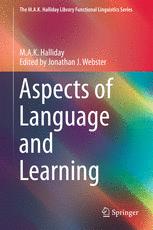

Most ebook files are in PDF format, so you can easily read them using various software such as Foxit Reader or directly on the Google Chrome browser.
Some ebook files are released by publishers in other formats such as .awz, .mobi, .epub, .fb2, etc. You may need to install specific software to read these formats on mobile/PC, such as Calibre.
Please read the tutorial at this link: https://ebookbell.com/faq
We offer FREE conversion to the popular formats you request; however, this may take some time. Therefore, right after payment, please email us, and we will try to provide the service as quickly as possible.
For some exceptional file formats or broken links (if any), please refrain from opening any disputes. Instead, email us first, and we will try to assist within a maximum of 6 hours.
EbookBell Team

5.0
110 reviewsThis book is based on a series of lectures, which begin with a look at the history of the language that we use in order to encode our knowledge, particularly our scientific knowledge, i.e., the history of scientific English. Prof. M.A.K. Halliday poses the question of how a growing child comes to master this kind of language and put it to his or her own use as a means of learning. In subsequent chapters, Halliday explores the relationship between language, education and culture, again taking the language of science as the focal point for the discussion; and finally he draws these various themes together to construct a linguistic interpretation of how we learn and how we learn how to learn.